Subscriber Benefit
As a subscriber you can listen to articles at work, in the car, or while you work out. Subscribe NowBeing a first-generation student can mean many things, like the feeling of impostor syndrome or extra pressure to rise up the academic ladder.
For Indiana University Maurer School of Law 2L Barbara Bernal Monrroy, being a first-generation law student has given her the motivation to work harder.
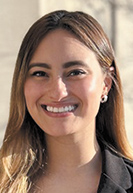
“I think all first-generation law students can come together and say that they are very proud of being first gen,” Monrroy said.
Monrroy came to the U.S. in 2015 from Venezuela and is the first generation in her family to graduate from high school and college and enroll in law school.
While there are mentorship opportunities for law students, Monrroy noticed there wasn’t an organization specifically designed for first gen students to connect. So, in August, she launched the First Generation Law Students Association at IU Maurer — an organization that has counterparts at Indiana’s other two law schools, as well.
“We are here to share a common experience that we all are first-generation law students and create a community as well resources, anything that we can help provide,” Monrroy said of her group. “We are ready for that.”
Creating connections
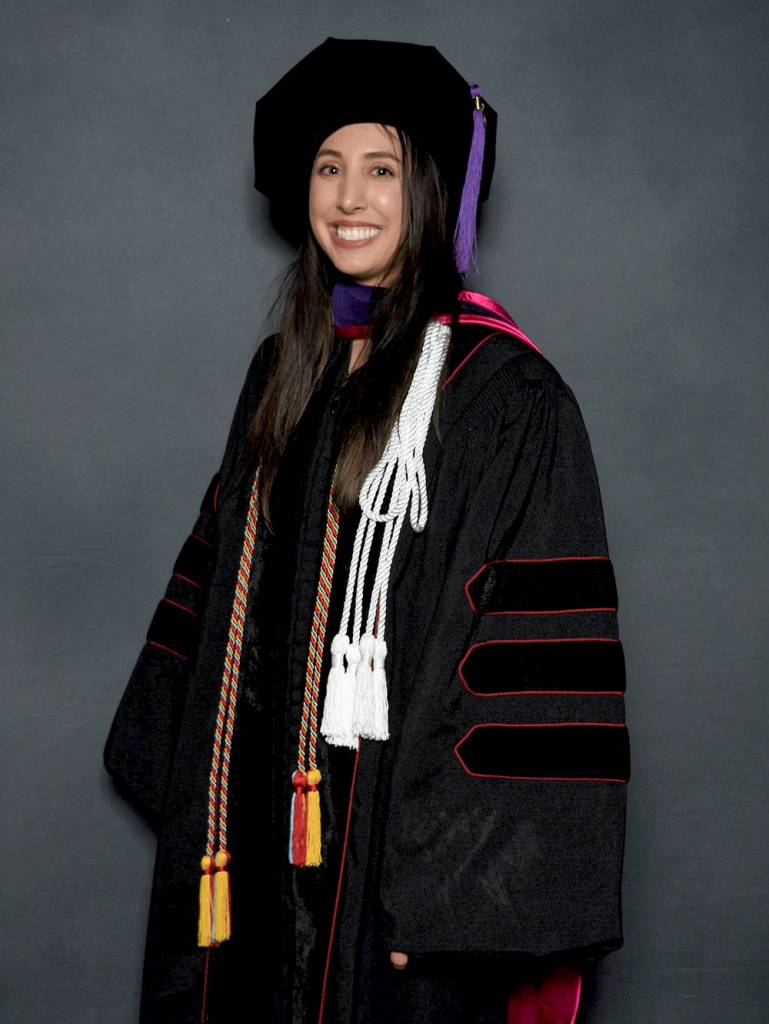
The First Generation Law Students Association at IU Maurer has about 60 students, with five on the executive board. The group meets once or twice a month, but they all stay reachable for questions from their first-generation peers.
“I think it’s important that we all have something in common, which is being first gen, but we also share different experiences from life or anything related to that,” Monrroy said.
In Indianapolis, another first gen law student program was born when Julia Zuchkov, then a 3L at the IU Robert H. McKinney School of Law, didn’t know what to do with her old LSAT prep books. That’s when she got the idea.
Working with her first gen classmates, Zuchkov created IU McKinney’s First Generation Law Student Society with the goal of helping IUPUI undergrads considering law school, as well as providing advice to younger law students.
“I started realizing that it would be much easier for newer students if they had that advice and guidance from older students from an insider’s perspective,” Zuchkov, who graduated in May, said.
Initially, Zuchkov said she got mixed responses from students about wanting to start the organization. Some were excited, but others didn’t want to be associated with the group because they thought it would look bad for their careers.
Still, Zuchkov found 80 people who were interested in joining the group. The law school was also supportive, she said, with professors contacting her about resources they thought would be helpful to share.
The next generation
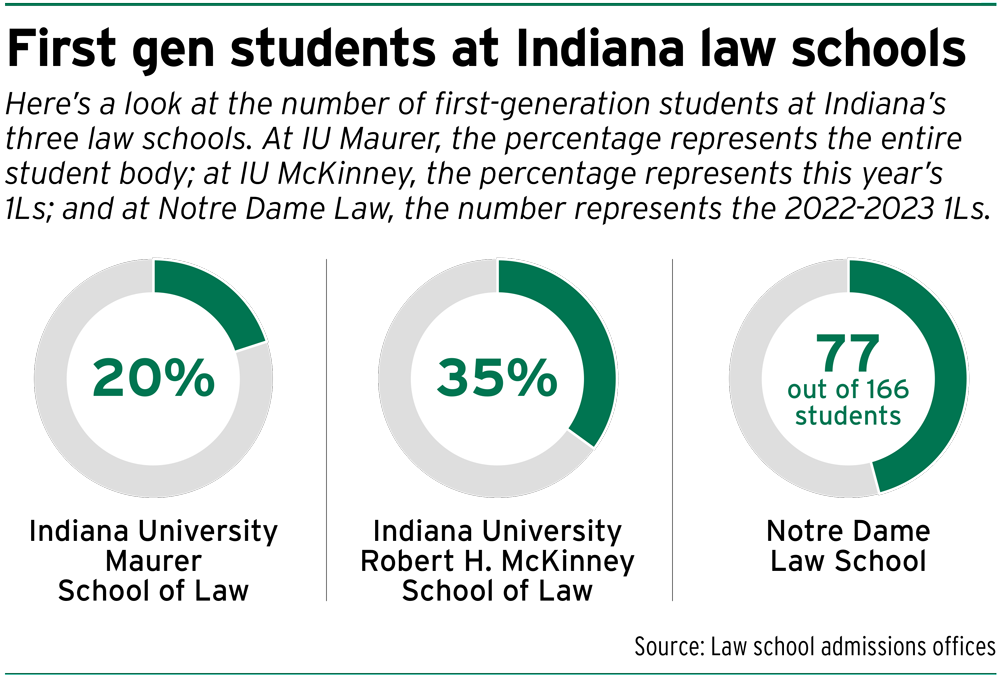 What makes Zuchkov the proudest of the IU McKinney group, she said, is the number of 3Ls wanting to give back.
What makes Zuchkov the proudest of the IU McKinney group, she said, is the number of 3Ls wanting to give back.
“None of the people in this group had to do anything,” she said. “Law school’s a competitive place — they all could have just kept everything to themselves and kept it all close to the chest and not have shared any information or knowledge with other students. But they chose not to do that; they all chose to show up and to be helpful for future generations of students who they weren’t going to be around to see grow.”
Zuchkov isn’t just a first-generation student; she’s also a first-generation American, born to Ukrainian parents. After graduating from IU McKinney this past spring, she returned to her home state of California, where she is working for Jackson Lewis P.C. and is currently awaiting the results of the California Bar Exam.
Before she left the Hoosier State, Zuchkov passed her role as president of the First Generation Law Student Society to 3L Megan Wellman.
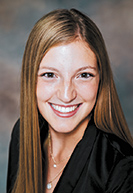
Wellman said the group still has high engagement and excitement. There are nine students on the board, and the group is working to reach incoming students, current students and alumni.
Wellman said she went into law school with the mindset that it would be like undergrad, where things came easily to her and she achieved success. But what she found was that everyone in law school had success in undergrad.
Wellman struggled with that in her first year, she said. Plus, she had to pick up on a lot of things on her own, such as how to find a job, the importance of GPA and just generally learning how law school works.
“I really want to use this organization to bridge kind of that knowledge gap between first gen students not really knowing anything about law school and then what they figure out at the very end, when it’s almost too late,” Wellman said. “So that was a big reason we started this organization, and that mission still means a lot to me as a first-generation law student myself.”
What you don’t know
At Notre Dame Law School, the First Generation Professionals group is about four years old.
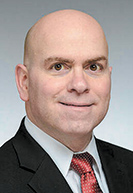
Julian Velasco, a professor of law and the group’s faculty adviser, said he wishes there had been a similar group available when he was a law student.
“First-generation professionals go in not knowing so much — not even knowing what they don’t know,” Velasco said. “It can be pretty intimidating. So this is a good group to help those students feel more comfortable and also learn more.”
The Notre Dame Law group offers panels, mentorships and networking opportunities for students. It also provides information on career development and dealing with issues like imposter syndrome.
“Law school is difficult for everyone,” Velasco said. “It’s a whole year learning a whole new language, the law and just the academic aspect is difficult enough.”
He added that there is a lot of value to first gen groups, but especially the value of having a community of people to help students with what they don’t know.
“Having faculty and staff trying to help bring you up to speed and filling you in on things that you just may not know because you were never exposed to things that other people take for granted that you don’t because you have no idea,” Velasco said. “It just makes you a lot more comfortable because it reduces other worries and allows you to focus more on the pure learning law.”•
Please enable JavaScript to view this content.



